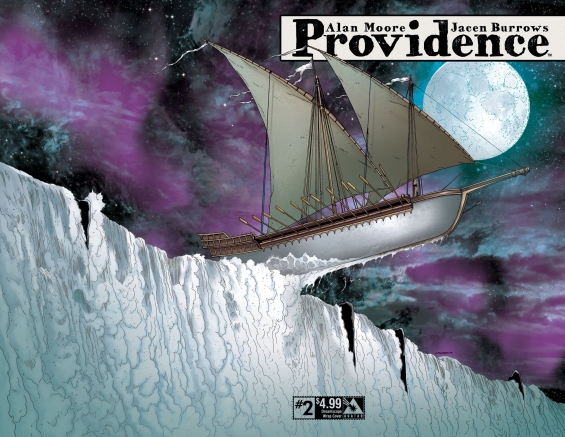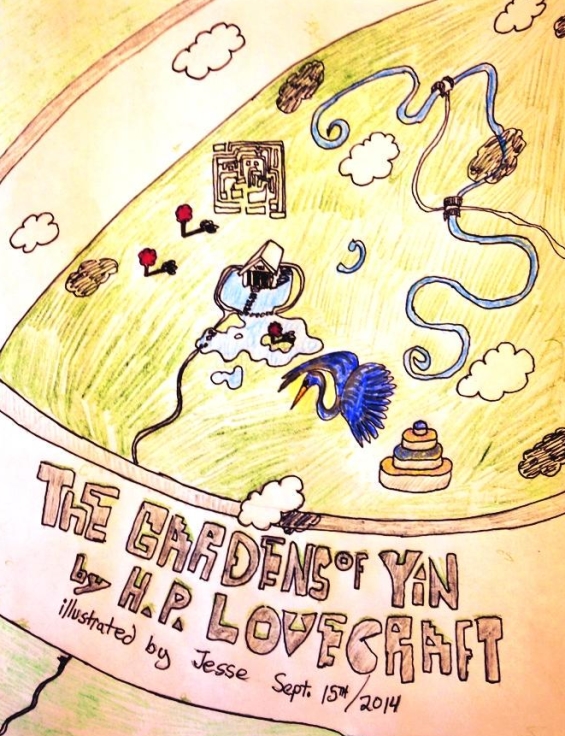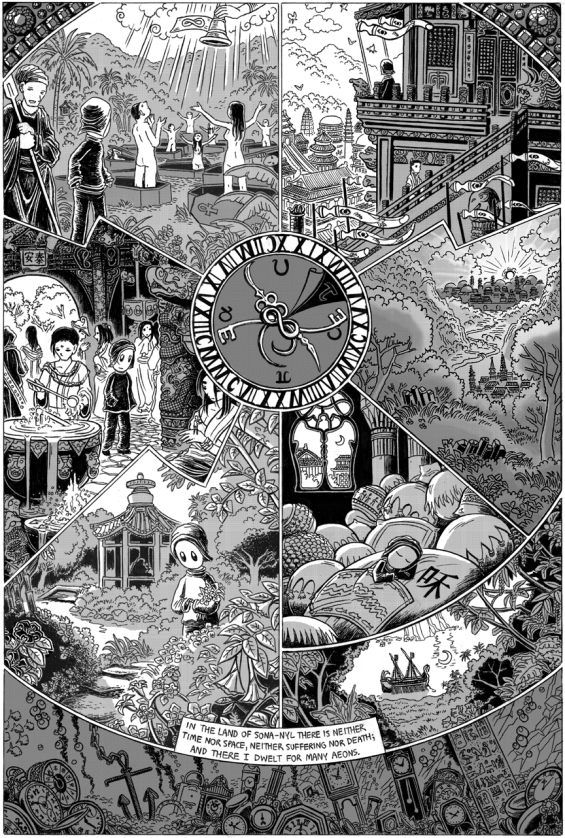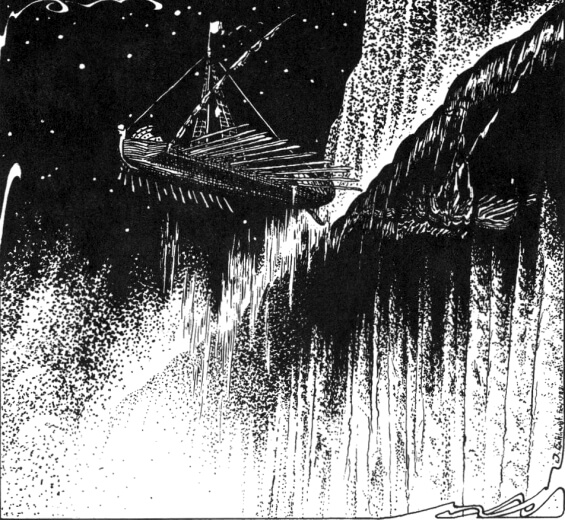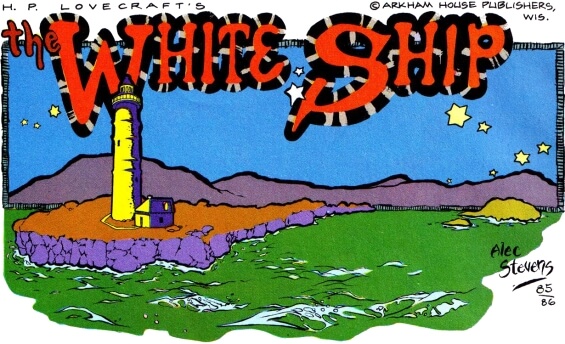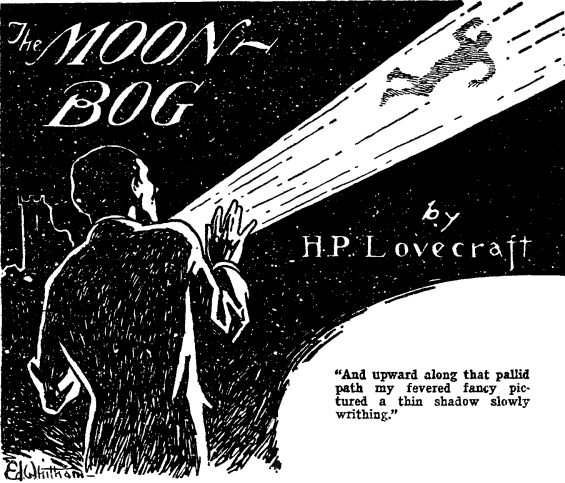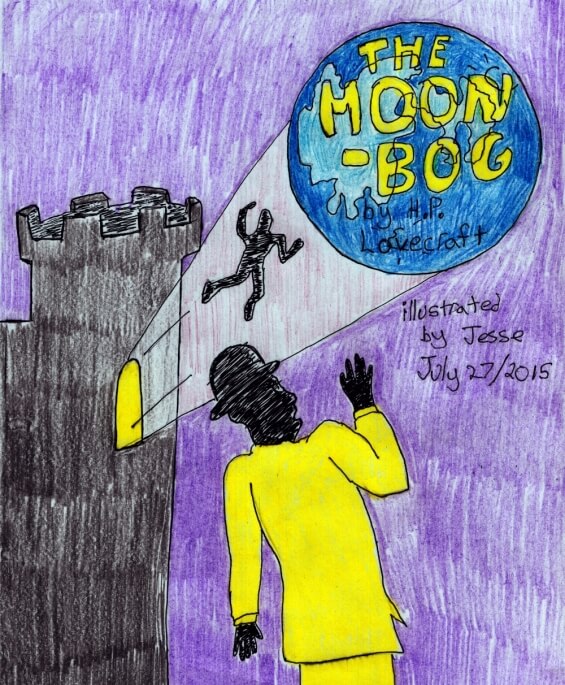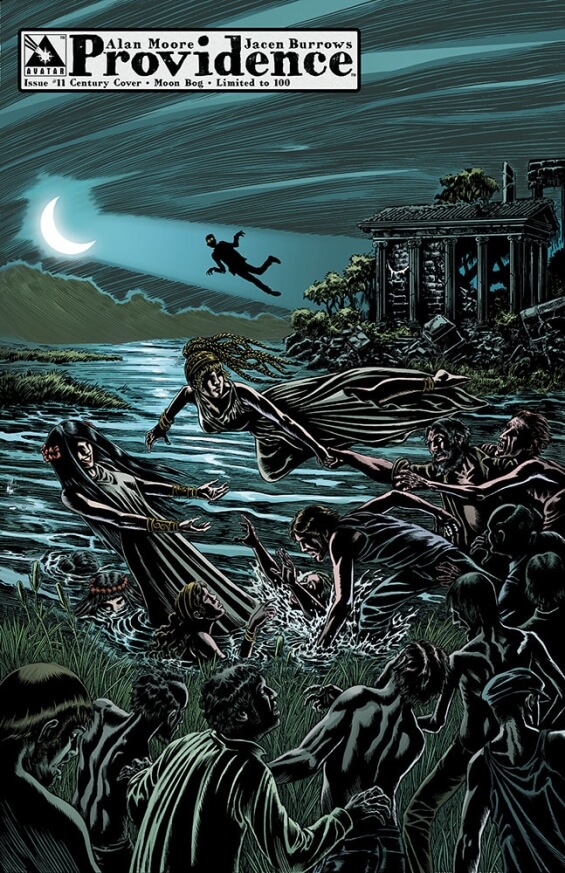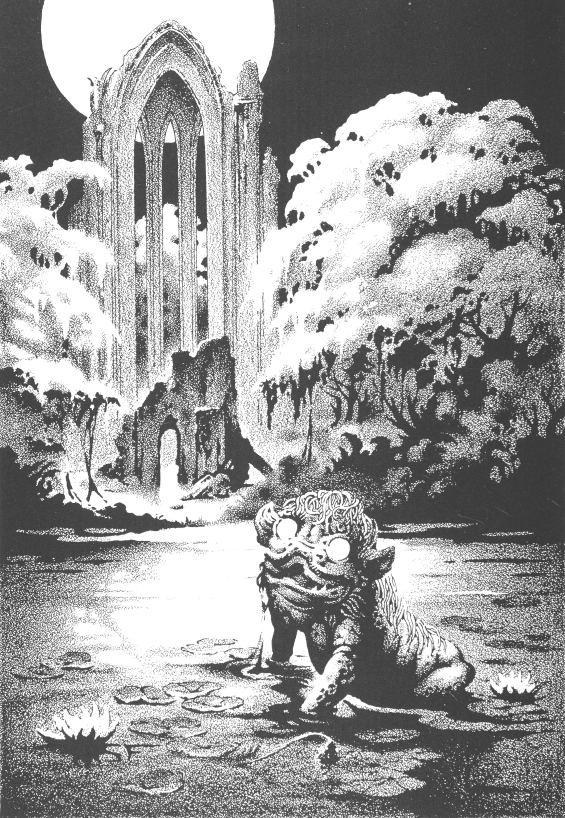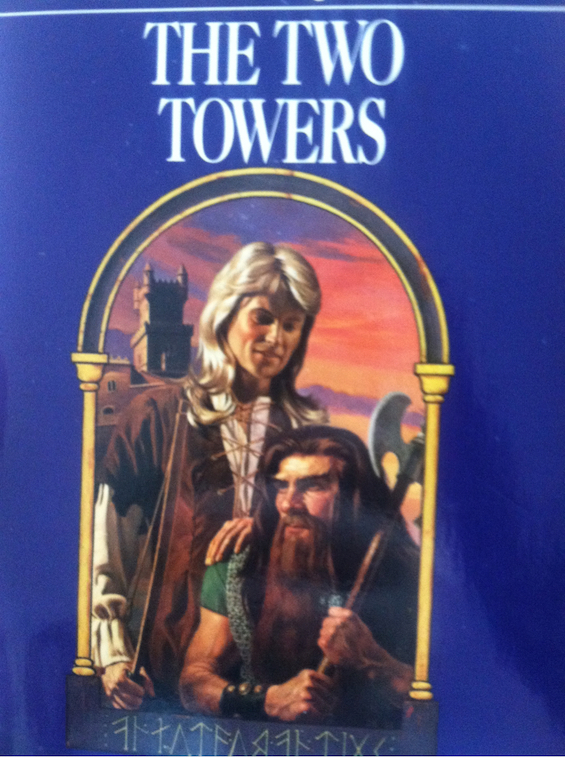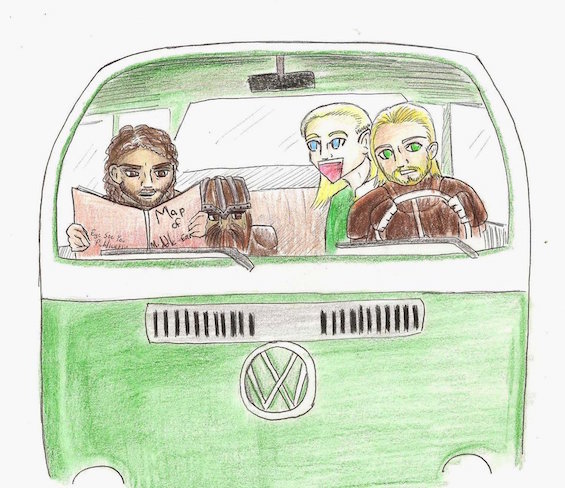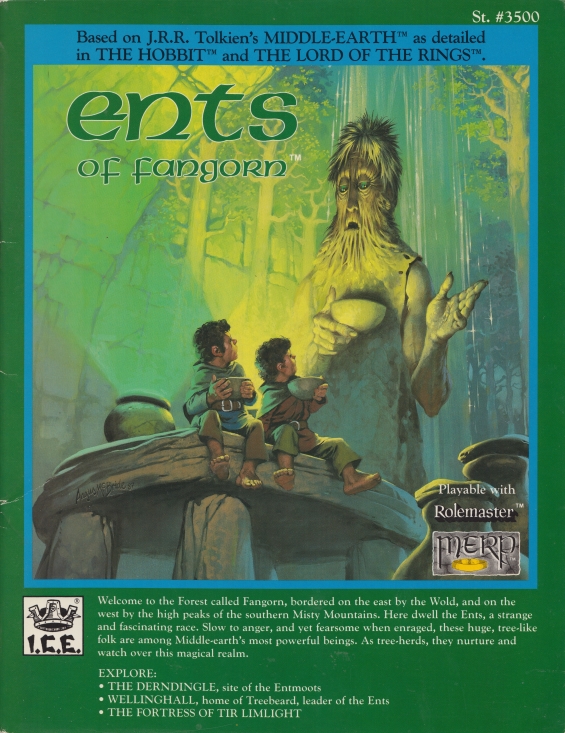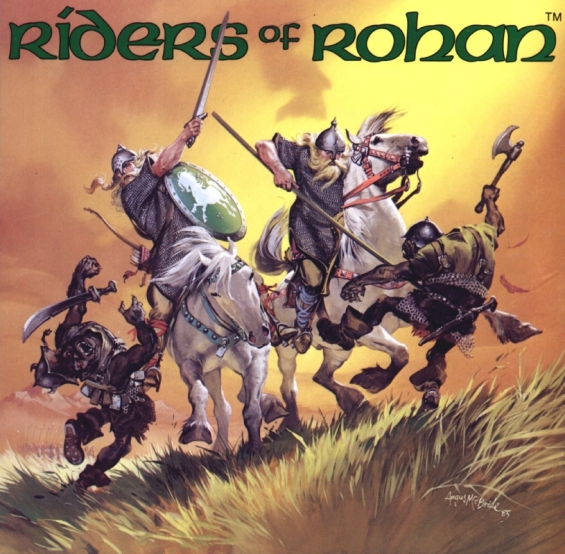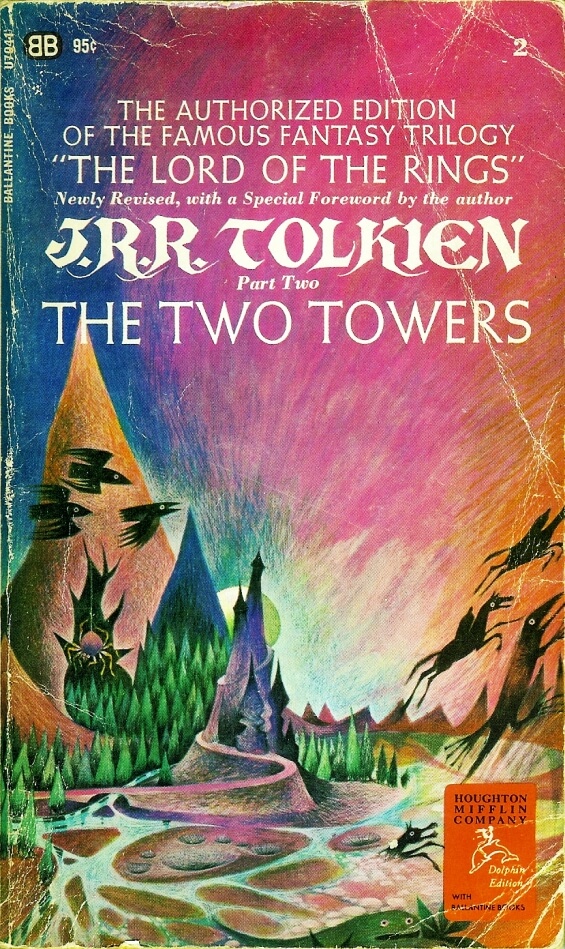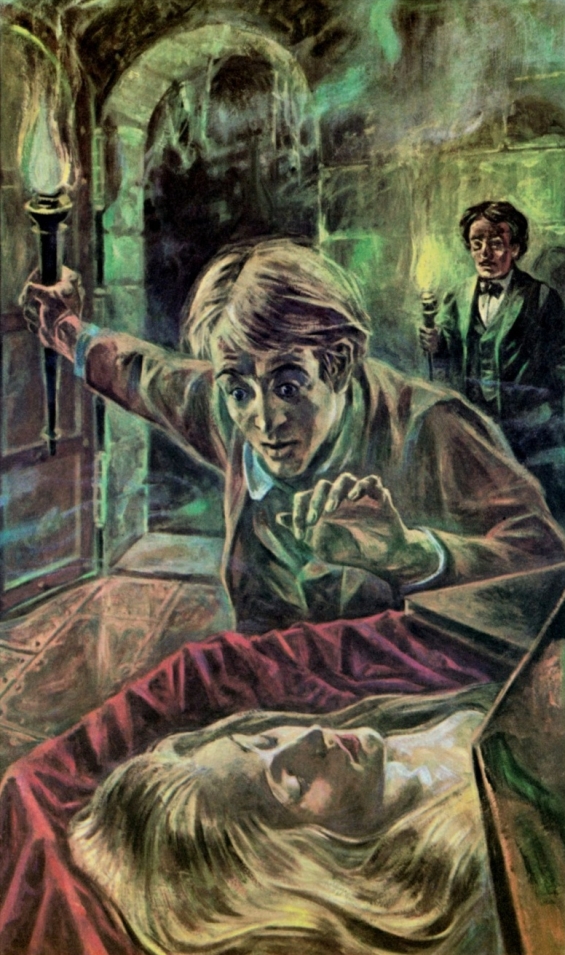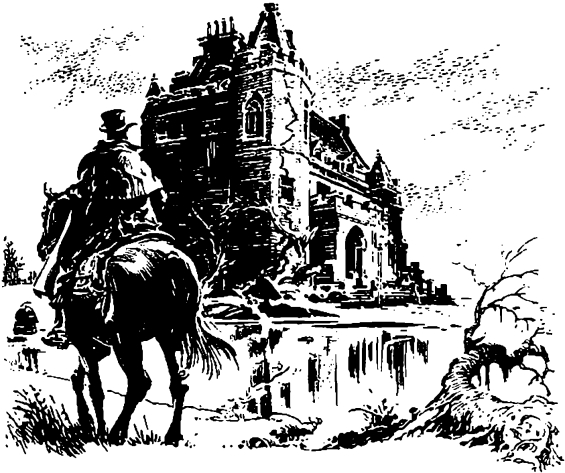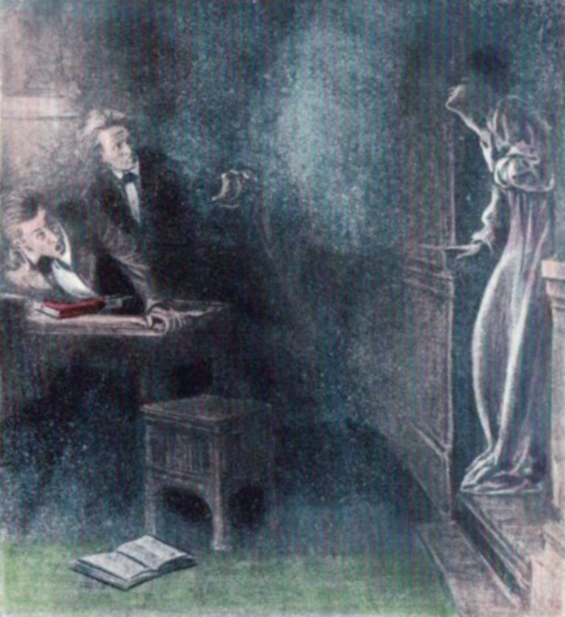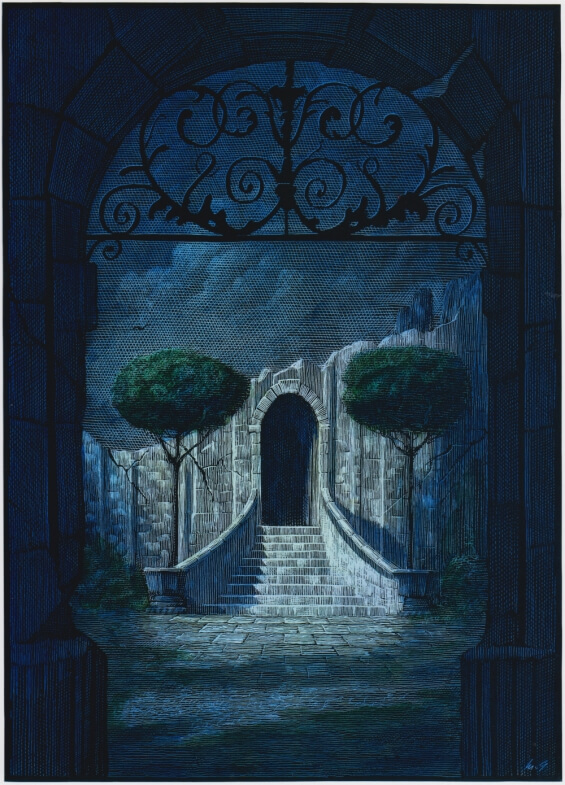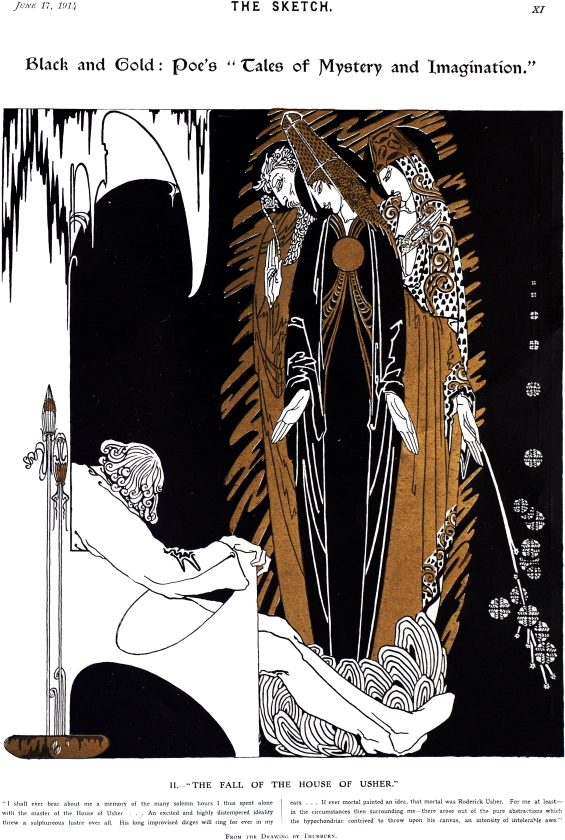
 The SFFaudio Podcast #333 – The Picture Of Dorian Gray by Oscar Wilde. Participants in the discussion include Jesse, Julie, Seth, and Rose.
The SFFaudio Podcast #333 – The Picture Of Dorian Gray by Oscar Wilde. Participants in the discussion include Jesse, Julie, Seth, and Rose.
Talked about on today’s show:
the 1891 version, the 1890 version, Heather Ordover‘s reading of The Picture Of Dorian Gray, a rich odor of lilac, a saddle-bagged divan, Mark Twain’s A Double Barrelled Detective Story, making fun of somebody, a single esophagus, elaborate descriptions, oriental texts, the monotony and tedium of this kind of life, Lord Henry’s epigrams, entertainment vs. a savage critique of society, the dark side, being clever vs. delving deeper, Basil, sin, vanity, a Faustian pact, eternal beauty, beauty as inspiration, don’t say such things in front of Dorian!, the preface, epigrammatic writing, the trial, celebrity, the libel lawsuit, Basil’s trip to France, giving in to the senses, the decadent movement, turns of phrase, the cost of everything and the price of nothing, little witticisms, art and artists, the Gothic parts, those who find ugly meanings in beautiful things, taking the preface seriously, Edgar Allan Poe, should I take this seriously, the decline of the epigrammatic novel, linguistic sophistry, “all influence is immoral”, being immoral is fine, the seven deadly virtues, The Hound by H.P. Lovecraft, a wizard’s medallion, so full of ennui, St. John is a mangled corpse, devastating ennui, only the somber philosophy of the decadents, Baudelaire, that detestable course, Lovecraft’s response to what Wilde was responding to, the Black Museum, voluminous black hangings, the uncovered grave, just like Dorian Gray, another literary connection, The Great Gatsby, skeletons in his closet, the critic and the spectator, all art is quite useless, putting too much into art, the lowest form of art, Lord Henry never involves himself, Wilde can’t adhere to his own philosophy, putting yourself into art, the yellow covered book, he was poisoned by a book, swayed by everything, the book argument, Sibyl Vane, Juliet, Imogen, Viola, perpetuating Basil’s error, lots of cool things in it, the jewels and the clothing and the fabric, Renaissance poisonings, evil as a mode to realize the beautiful, so many good things to like, Sibyl Vane as a reflection of Dorian Gray, reflected suicide, Vane as a triple entendre, killed by her grease paint, the Yellow Book, Jesse loves intertextual things, À Rebours by Joris-Karl Huysmans, ten bound copies bound in different colours, double the amount of orchids and no white ones, every flavour of feeling and experience, indulging in every kind of experience, living your life as a piece of art, the Yellow Book rebound for every mood he was in, camouflage, yellow as code for gay, the yellow nineties (the 1890s), adding a layer, To Kill A Mockingbird, 1894, The Yellow Book (magazine), 1895, The King In Yellow by Robert W. Chambers, symbolism of artistic movements, the vane family, Dorian as a byproduct of melodrama, an allegory for artistic movements, a reaction to Victorianism, reveling in immorality, a sin of thoughtlessness, eventually all that’s left is evil, the rage of Caliban, this is a really important book, the deal with the devil, super-realistic, a very constructed book, making a very real point, the second time Caliban comes up, the Lipincott’s version, the critics mostly savaged the book, then the preface as a standalone defense, the volume publication, edits, the second appearance of Caliban, The Tempest by William Shakespeare, Miranda, the beginning of chapter 7, the Jewish manager, The Horror At Red Hook, racism, a pompous humility, going bankrupt over a poet, anti-semitism, making fun of Charles Dickens, is it just Dorian Gray that’s racist?, the most amazing waistcoat, gorgeous servility, behind the scenes, the “Bard”, you can’t trust anything Lord Henry says, private letters, Dorian Gray starts to resemble in his interests and his appearance the Jew manager, ugly on the outside, overly dramatized servility, Mrs. Vane’s words, indentured servitude or genuine theatrical enthusiasm, wanting Sibyl Vane to succeed, you can’t trust appearances, the chapter about jewels, cloth, Dorian Gray is obsessed with exterior appearance, Fitz-James O’Brien’s The Diamond Lens, a microscopist, what you need is a diamond for your microscope, it doesn’t count, casual racism, this is why we cannot censor books, “man” instead of “Jew”, the hideous man in an amazing waistcoat, re-reading Uncle Tom’s Cabin by Harriet Beecher Stowe, we love them, in one letter, a massacre of Jews, Wilde loves to shock, Basil is who Oscar Wilde sees himself as, artists pouring things in to books that they can’t themselves see, an accumulated spackle (of censorship), Geoffrey Chaucer, Julie’s movie group, Philomena, what are we doing?, putting a taboo on looking at power, horrible corruption, Basil’s murder, first time reads, Lord Henry’s wife is named Victoria, why it isn’t called a “portrait” of Dorian Gray, The Oval Portrait by Edgar Allan Poe, “It’s perfect!”, The Canterville Ghost as a redemptive and sweet story, an obvious homage to Mr Hyde from Strange Case Of Dr Jekyll And Mr Hyde by Robert Louis Stevenson, how do you balance, looking at temptation, starting in a garden, the poison of the book, Henry is wreathed in smoke [like Satan!], something with strawberries, if this is a Faustian tale…, the issue we all deal with all of the time, The Long Conversion Of Oscar Wilde, flirtations with Catholicism, 1888, the very first book where spoiler applied is Strange Case Of Dr Jekyll And Mr Hyde, we know about the painting, the scientist friend should have been named Dr Jekyll, Jesse watched almost every movie version, I need my equipment…I hate you, a later suicide, this book applies to the entire Victorian society, saying the same thing a different way, Sherlock Holmes, 1891, The Yellow Wallpaper, 1892, The Time Machine, 1897, Dracula, The Island Of Dr Moreau, 1899, Heart Of Darkness, will the books of this decade be remembered in 120 years?, The Rosie Project, Fifty Shades Of Dorian Gray, are we sympathetic?, nudges, and the audio drama, will you stay tonight, the 1945 film version is very good and faithful, the use of color, fifty shades of silver, 1973 TV movie version (is on YouTube), Dark Shadows, Angela Lansbury as Sibyl Vane, 1976 version, Jeremy Brett as the painter, the 2009 horror movie version is horrible, Colin Firth, the niece, every Dorian Gray is handsome, too handsome, why is no one asking about his youthful appearance?, diet or exercise, male Dorian Grays, the Selfie Of Dorian Gray, modern gender views, really quite gay, Wilde, Stephen Fry, Wilde’s children and wife, the term “homosexual”, indecency.
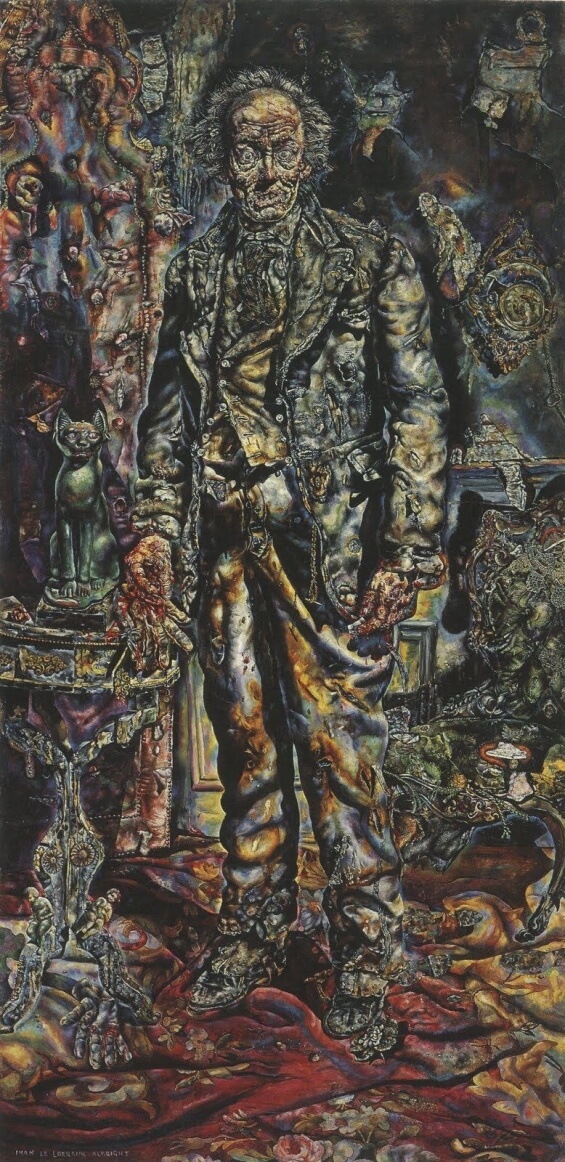
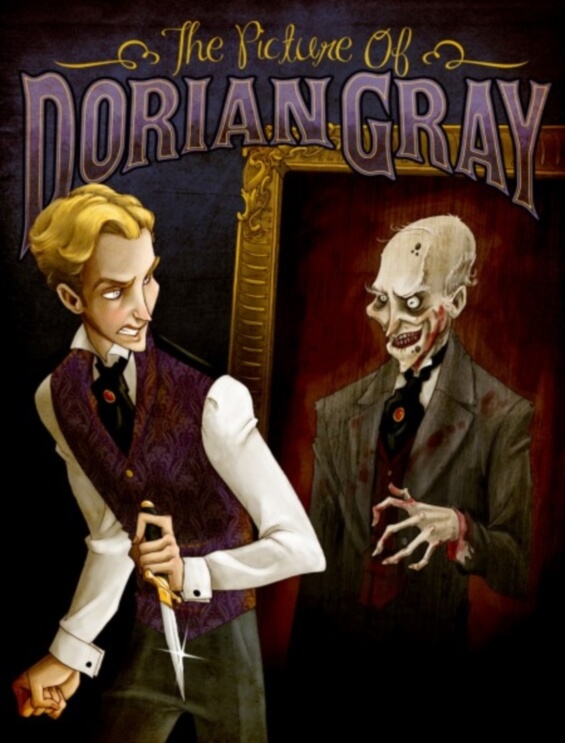
Posted by Jesse Willis



